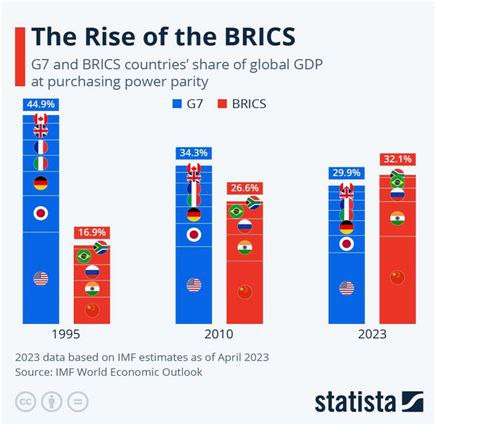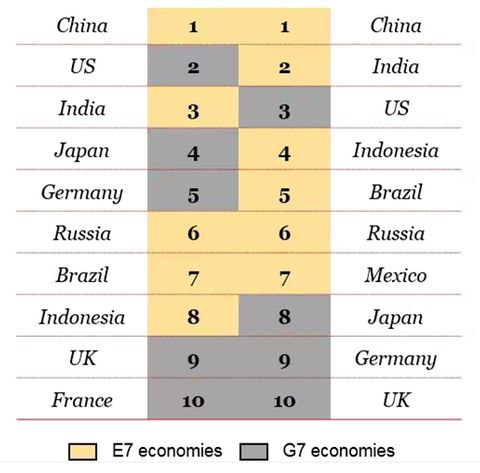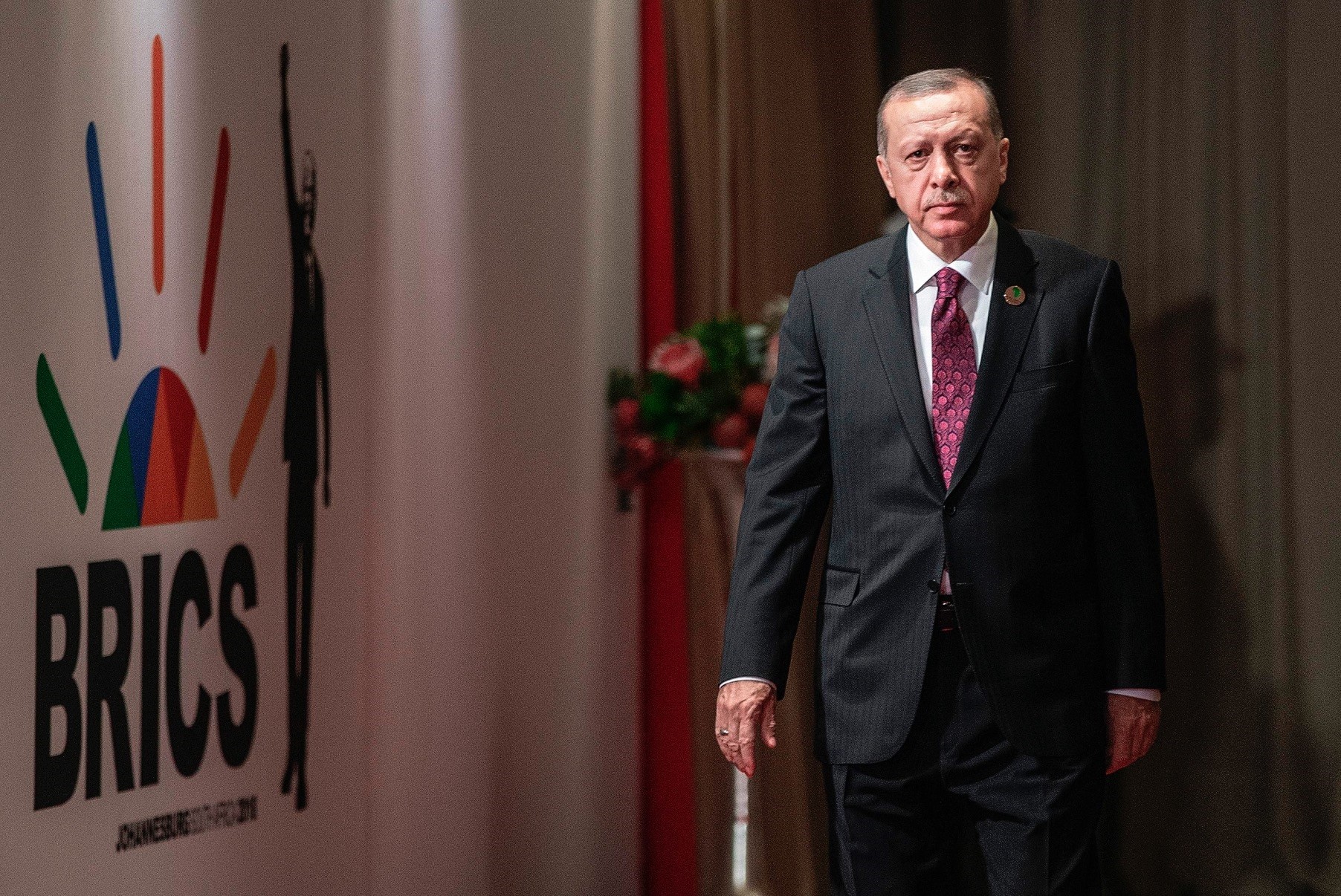By Serhat Latifoğlu
Türkiye announced its interest in joining BRICS. Kremlin spokesperson Dmitry Peskov said: “We welcome the increasing interest in BRICS from neighboring states, including important partners like Türkiye. Naturally, this will also be on the agenda of the BRICS next summit which will be chaired by Russia. The organization may not be able to meet all the interests of the countries that want to join, but BRICS is inclined to maintain contact with all interested states.”
BRICS is defined as an international economic power. Bilateral relations among member countries are based on the principles of equality, mutual non-interference in state affairs, and common benefit.
The number of countries wanting to join BRICS is increasing day by day. In 2024, with the participation of five countries (Saudi Arabia, Iran, Ethiopia, United Arab Emirates, Egypt), the number of BRICS members rose to 10. Last year, at least 30 countries applied to join BRICS.
Self-sufficient BRICS
BRICS consists entirely of developing country economies. It includes the most powerful and promising economies such as China, India, and Russia. Only China’s production capacity amounts to 33% of the world’s total production. 41.1% of the world’s population lives in BRICS member countries. The member countries of the organization cover 26.7% of the world’s land area. 40% of the world’s coal reserves, 25% of natural gas resources and 41% of global oil production are in BRICS countries. Also, a significant portion of the raw materials used in new technologies is in BRICS members. All this means that BRICS is self-sufficient in terms of energy and other raw materials.
If we examine BRICS countries comparative to others, China has a production capacity greater than the combined production capacities of the US, Japan and Germany. With the new members, BRICS countries govern 25% of global trade. In 2023, BRICS’ GDP based on Purchasing Power Parity (PPP) surpassed that of Western countries (G7). According to estimated growth figures for 2024, the total GDP of BRICS member countries constitutes 35.6% of the world’s total GDP while the share of G7 countries’ remained at 30.3%. The following graphic clearly shows the tremendous growth of BRICS over the past 30 years and the decline in the production power of G7 countries.

The world in 2050
To be able to predict the future of BRICS countries, the report titled “The World in 2050” by PwC, one of the world’s largest consulting firms, is informative. According to the report, the global GDP will nearly double by 2050 compared to today’s figures. China’s economy alone will be 20% of the world economy and top the GDP rankings. India will take the second place. The US, currently the world’s largest economy, will slip to third place. The EU’s share of the global GDP will decrease from 17% to 9%. The seven major emerging economies, known as E7 (Türkiye, China, Russia, Indonesia, Brazil, India and Mexico), will grow at twice the rate of the Western G7 economies.
The graphic below from the PwC report is from the year 2017. According to projections made at that time, six E7 countries will be among the top ten economies in 2050. If the report were updated, we would see Türkiye included in this list, as recent economic forecasts by the IMF and some investment banks place Türkiye among the top 10 economies by 2050.
This graphic clearly indicates the imminent end of Western dominance in the global economy. It is likely that the US will rank lower on this list because it is increasingly losing production capacity and shrinking markets due to arbitrary embargoes and rogue political interventions. It’s worth noting that the most significant trading partners and markets for G7 countries listed here are E7 countries. In a word, I can say that the G7 will be dependent on the E7 by 2050.

BRICS and Türkiye
Given this background, Türkiye’s joining BRICS would be a historic step. Both Türkiye and BRICS will benefit significantly from that. BRICS means a crucial alternative for the Turkish economy, which is heavily dependent on the West. BRICS offers markets sought after by our exporters, promising a better, larger future than the G7.
With their abundant energy and other raw materials, BRICS countries have achieved prosperity levels that of G7 countries through high savings rates.
Therefore, Türkiye should promptly abandon the outdated Western-centric economic model and seize its proper place both in BRICS and the new world economy.

















Leave a Reply